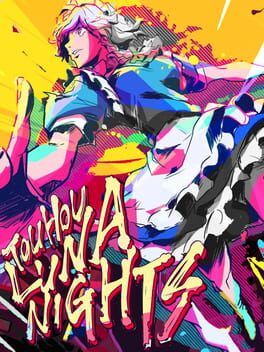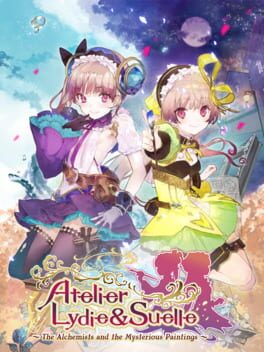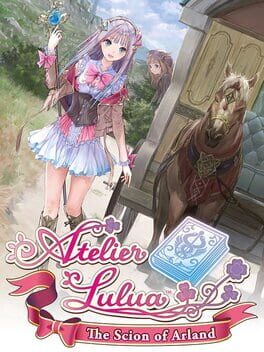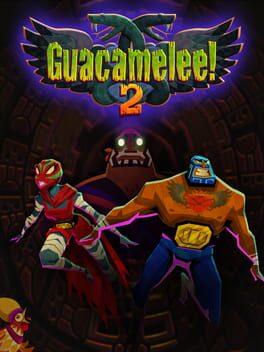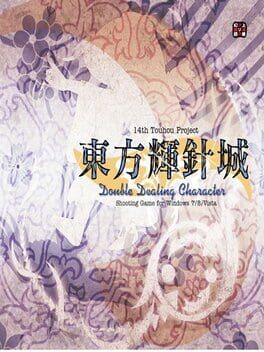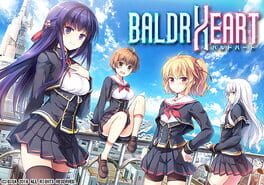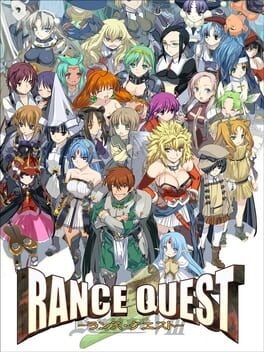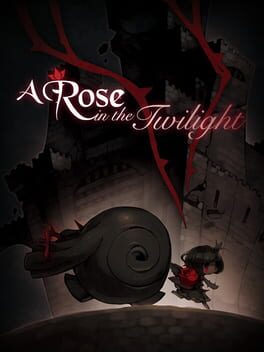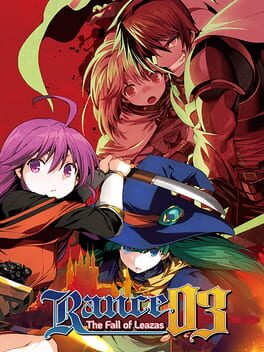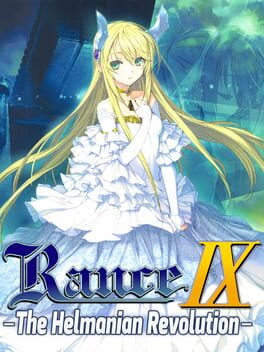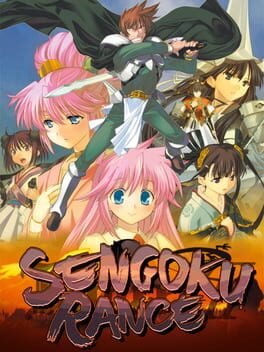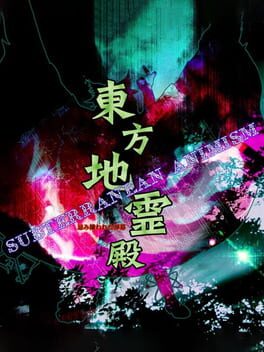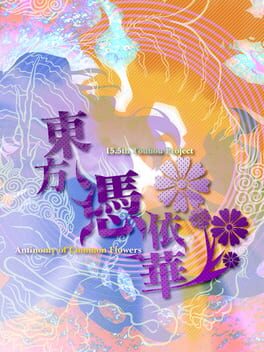moogy
2018
2019
Doesn't really aspire to the same heights as Firis, but carves out a place for itself with the strength of the narrative. The plot itself is basically a SoL anime, but the characters are depicted with great aplomb, with almost every scene being funny or poignant in some way. I'm not really sure why the writing in this game is so much better than in the previous two in the series, but I'll take it.
Suelle's voice acting is really wonderful.
Suelle's voice acting is really wonderful.
2018
Honestly a pretty janky game, with an almost inverted difficulty curve (lol Kagerou) and horrifically imbalanced shot types, but I love it anyway. The PoC-based score system is my favorite in Touhou, adding a ton of fun considerations to routing without getting in the way of pure survival runs either.
Has the best title screen music.
Has the best title screen music.
2016
2011
Not for everyone, with its quest-based gameplay and emphasis on resource management, but it's one of my favorite RPG systems of all time and I've spent hundreds of hours with it. Disgaea fans should appreciate the grindier side of things, but you can beat the main story without going off the deep end.
The story gets pretty good during the Magnum campaign, too, laying the groundwork for the rest of the series through 10.
The story gets pretty good during the Magnum campaign, too, laying the groundwork for the rest of the series through 10.
Much more streamlined than 01, but that's not a bad thing. Tons of fun from beginning to end, with exciting and/or hilarious stuff happening pretty much constantly and the Rance cast everyone knows and loves. The gameplay isn't especially deep, but it's enough to enhance the experience and that's all that really matters.
It's the only Rance game with voice acting, but I think they really nailed the casting. Kazane as Kanami especially is perfect. One of the best Alicesoft soundtracks, too.
It's the only Rance game with voice acting, but I think they really nailed the casting. Kazane as Kanami especially is perfect. One of the best Alicesoft soundtracks, too.
The gameplay isn't bad, per se, but it's not really interesting either. It's best to treat it as a musou SRPG, and it does pretty well at delivering a musou experience if you go into it with that expectation. The story itself is pretty straightforward by the standards of the Rance series, but it's presented well and still has enough of the Alicesoft bite to keep you on your toes. Maybe not a standout entry in the series, but it's by no means a poorly-made game and should satisfy any fan.
2006
The only things wrong with this game are Yamame's first pattern, the second half of stage 2, Satori's Yukari cards, and the stage portion of stage 6. Which might seem like a lot, but in the grand scheme of things, this is a kamige.
Well, the main game is, anyway. I actually find the Koishi fight in Extra to be possibly the least fun thing ZUN has ever made, but I don't really care about Extra.
Well, the main game is, anyway. I actually find the Koishi fight in Extra to be possibly the least fun thing ZUN has ever made, but I don't really care about Extra.
2007

